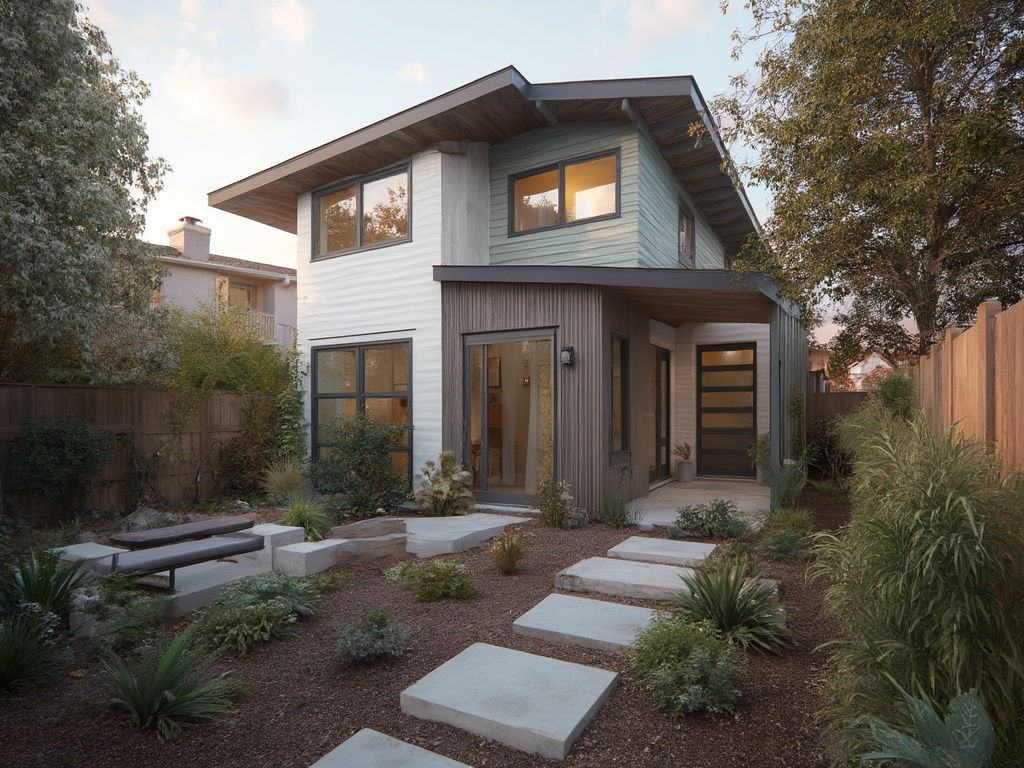
Welcome. This is the official page of Ace ADU Contractors. Secondary units are becoming increasingly popular among homeowners in Charlotte, as they seek innovative ways to enhance their properties. These secondary living spaces can serve various purposes, from guest accommodations to rentals, making them a versatile addition to residential properties. ADUs are innovative solutions that allow residents to build additional buildings on their property, providing versatile living spaces that enhance the functionality of the main house
- Attached, like basement apartments or in-law suites
- Detached structures, such as standalone guest houses or converted garages
These offer occupants flexibility, whether for accommodating family members, hosting guests, or generating rental income.
Benefits of Constructing an ADU
Investing in a backyard cottage offers a multitude of benefits: Boost Property Value: An ADU can substantially increase your property’s worth. Generate Rental Income: Tap into the rental market by leasing out your ADU. Versatile Living Options: Ideal for multi-generational families or guest accommodations. Dedicated Workspace: Perfect for a home office or creative studio, enhancing productivity.
Cost Considerations for Building an ADU
The financial investment required for constructing an ADU in the area can vary widely based on several factors, including size, design, and materials. On average, home dwell should anticipate costs ranging from $100,000 to $200,000. Below is a detailed breakdown of potential expenses:
| Cost Component | Estimated Cost |
|---|---|
| Design and Planning | $5,000 – $15,000 |
| Permits and Fees | $1,000 – $5,000 |
| Construction | $80,000 – $150,000 |
| Utilities (water, electricity, etc.) | $5,000 – $10,000 |
| Landscaping and Exterior Work | $5,000 – $10,000 |
Regulatory Framework for ADUs in Charlotte, nc
Before starting your ADU project, it’s crucial to understand local regulations. The city’s ADU Ordinance sets clear rules: – Your ADU must be on a property with an existing single-family home. – Setback requirements determine how far the unit should be from property lines. – Height restrictions may limit detached units. – Parking rules might demand extra spaces. Get familiar with these guidelines to ensure a smooth build!
Evaluating an ADU: Key Steps Thinking about adding an ADU? Here’s what you need:
Space: Ensure that your lot is expansive enough and complies with zoning regulations. Budget: Verify if you can afford both the building costs and future expenses for constructing an ADU. Design: Strategize for a seamless blend of your ADU with your home and neighborhood aesthetics in the Carolinas. Market: Research local rental demand to determine if there is a lucrative market for renting out your ADU.
Key Considerations for ADU Design
Several design elements can enhance functionality and aesthetics when planning your unit. Here are some important considerations:
- Layout: Optimize the floor plan to maximize space efficiency. Open-concept designs can make smaller houses feel larger.
- Natural Light: Incorporate large windows or skylights to create a bright and inviting atmosphere.
- Outdoor Space: Consider adding a small patio or garden area to enhance the living experience.
- Accessibility: Ensure that the unit is accessible for all potential occupants, including those with mobility challenges.
Pros and Cons of Building an ADU
Before proceeding with an ADU project, it’s essential to weigh the advantages and disadvantages. The following table summarizes the key pros and cons:
| Pros | Cons |
|---|---|
| Increased property value | Initial construction costs can be high |
| Potential for rental income | Ongoing maintenance and management responsibilities |
| Flexible living arrangements for family | Possible zoning and regulatory hurdles |
| Opportunity for a home office or studio | Impact on property taxes |
| Enhanced property functionality | Potential neighborhood opposition |
Financing Your ADU Project
Understanding your financing options is crucial for a successful ADU project. Here are some common methods to consider:
- Home Equity Loan: Utilize the equity in your home to fund the construction of your ADU.
- Personal Loan: Consider a personal loan for smaller projects or renovations.
- Construction Loan: A short-term loan specifically for financing the construction of a new building.
- Cash Savings: Using personal savings can help avoid interest payments and debt.
Top Tips for a Successful ADU Project
For a seamless construction project, consider these key tips:
Research local regulations and zoning laws thoroughly before you begin. Hire a skilled architect or designer for a functional and beautiful design.
Secure multiple builder quotes to ensure competitive pricing and quality work.
Set aside funds for delays and budget overruns as contingencies. Communicate openly with neighbors to prevent conflicts.
Resources for ADU Construction
Here are some valuable resources to assist you in your ADU journey:
- Charlotte ADU Ordinance – Official guidelines and regulations.
- North Carolina Housing Finance Agency – Information on financing options and assistance programs.
- U.S. Department of Housing and Urban Development – Resources for homeowners.
- Angie’s List – Find reputable contractors and builders in your area.
Constructing a tiny house in is a smart investment. It adds living space and generates potential income. By grasping costs, regulations, and feasibility, property owners can make savvy decisions and team up with expert builders to bring their vision to life. With thoughtful planning, an ADU enriches your property and offers enduring benefits for years ahead.